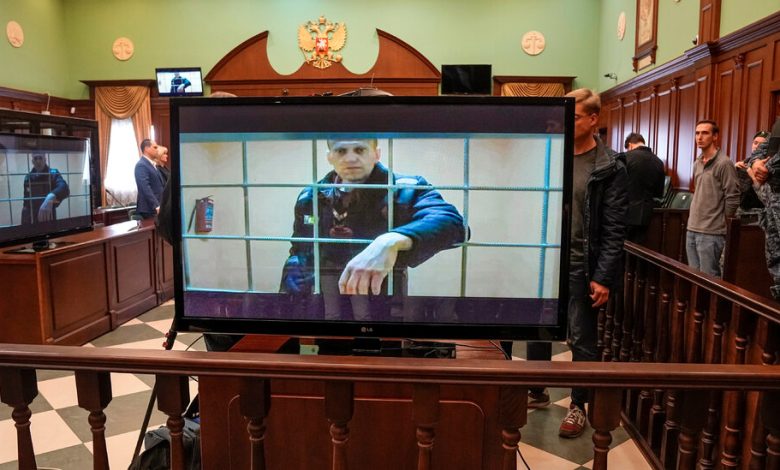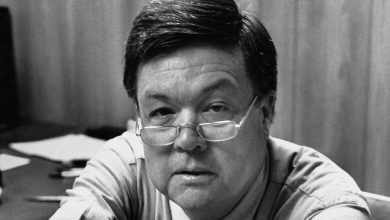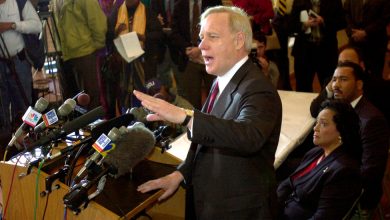Navalny, a jailed Putin critic, says Russia has revoked his attorney-client privilege.

Aleksei A. Navalny, the jailed Russian opposition leader, said on Thursday that the prison authorities had deprived him of his attorney-client privilege, which has been his main line of communication with the outside world and has allowed him to remain active in Russian political life.
In a series of posts on Twitter, which he has been using to communicate with the public through his lawyers since he was jailed — Mr. Navalny said that the prison administration had accused him of committing unspecified crimes by communicating with “accomplices.”
Mr. Navalny, a fiery critic and frequent target of President Vladimir V. Putin of Russia, said the authorities had informed him that from Thursday, all incoming and outgoing communication with his lawyers will be subjected to “a three-day check.” The small slot in the lawyers’ room, used to privately transfer documents, was shut, he said, forcing them to communicate through “double plastic glass.”
“Our communication is now more like a pantomime,” Mr. Navalny said, adding, “This leaves nothing of my right to a defense, which was already quite illusory.”
The attempt to limit Mr. Navalny’s communications came a day before Russians began voting in a series of regional and municipal elections across the country.
Mr. Navalny and his supporters have been calling on Russians to vote for any candidate who does not support the war in Ukraine. They have also developed an app that would show voters the most anti-Kremlin candidates in the municipal elections in Moscow.
Mr. Navalny returned to Russia voluntarily in January 2021 after surviving a poisoning attempt by a military-grade nerve agent. He accused Mr. Putin of ordering his assassination and published a thorough investigation of the poisoning, naming Russian security agents as the perpetrators. Mr. Putin denied any involvement in the episode.
Mr. Navalny was arrested upon arrival at a Moscow airport and accused of violating the terms of his parole for a suspended prison sentence. Weeks later, a court converted his suspended sentence and he was jailed. In March 2022, a court sentenced him to nine years in a high-security prison, after finding him guilty of committing fraud by embezzling donations from his supporters. The case was widely seen as politically motivated.
The harsh sentences failed to quiet Mr. Navalny, who has fiercely criticized Russia’s invasion of Ukraine. Passing statements through his lawyer, or using his court appearances, he has called on Russians to protest the war.
Most of Mr. Navalny’s associates and many of his followers were forced to flee Russia after his anti-corruption foundation was declared an extremist organization and banned. The exiles continued their activities from abroad, drafting a list of Russian “war enablers” and lobbying the West to impose sanctions.
The prison authorities have also applied pressure on Mr. Navalny by placing him in solitary confinement for weeks for trivial offensives such as wearing an unbuttoned prison uniform. He has also said that they have deprived him of his right to call his family.




